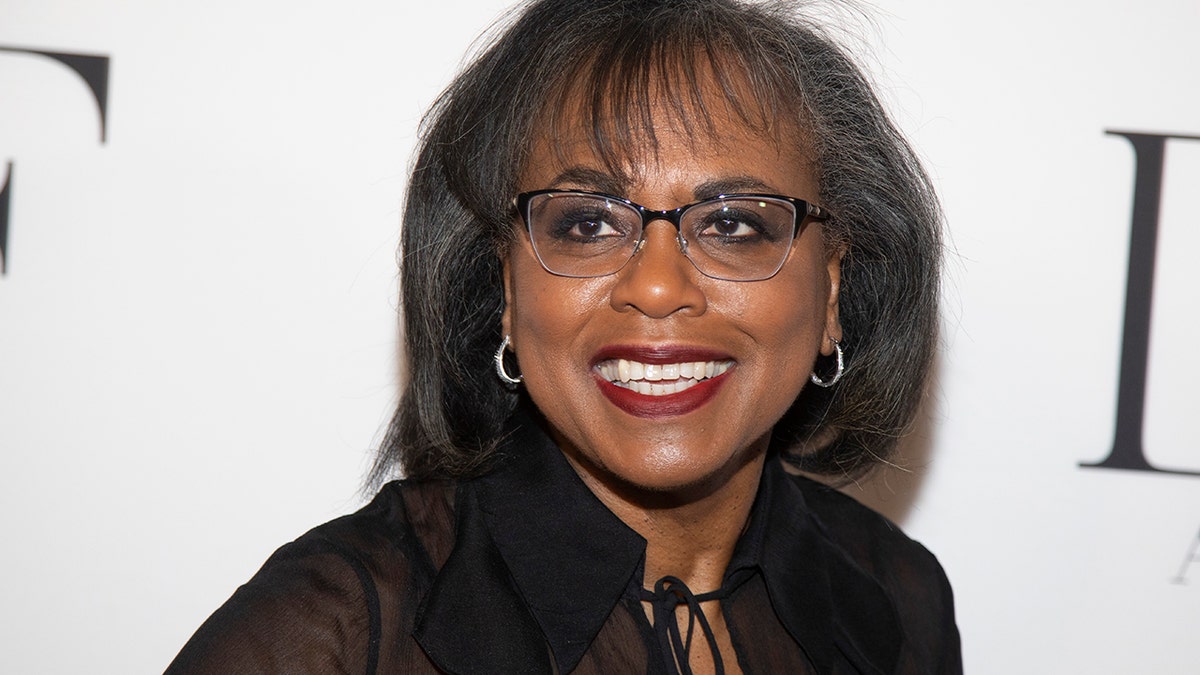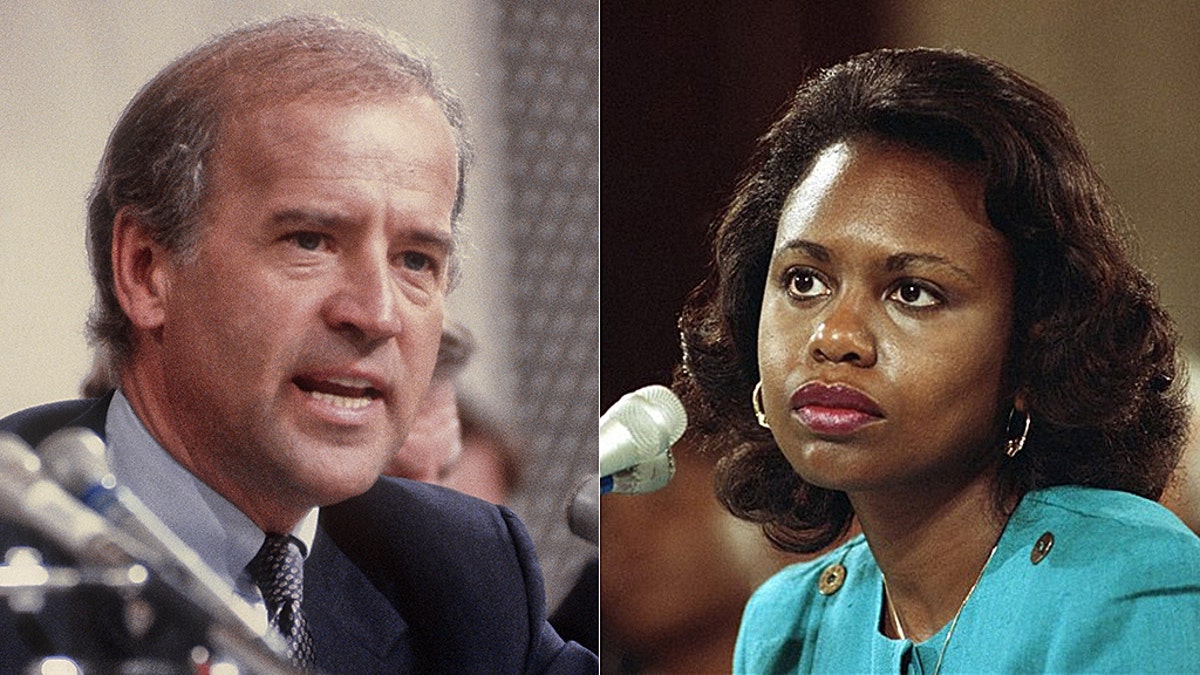Media top headlines February 24
In media news today, Russian media presents a misleading picture of the invasion of Ukraine, a NY Magazine writer likens the GOP push for parents' rights to authoritarianism, and an NBC Sports executive laments the 'most difficult' Olympics ever.
Anita Hill said in a podcast released Thursday that President Joe Biden did not take responsibility for the "harm" he caused sexual misconduct accusers across the country during the wrenching Clarence Thomas confirmation hearings.
Hill testified before the Senate in 1991 that Thomas sexually harassed her in the 1980s. As then-chairman of the Senate Judiciary Committee, Biden oversaw the stormy confirmation hearings that saw Thomas narrowly confirmed to the high court. Biden has come under fire from the left for decades for not being supportive enough of Hill when she made her disputed claims, which Thomas staunchly denied.
WHO COULD REPLACE SUPREME COURT JUSTICE STEPHEN BREYER
The New York Times' "Sway" host Kara Swisher noted that Biden called Hill after declaring his candidacy for the presidency in 2019 and expressed regret for how the hearing was conducted.
"He took responsibility for the harm that he had done to me. What he did not recognize was the harm that he had done to many, many others and people across the country who still talk about how harmful and hurtful that process was to them personally as well as harmful to people who wanted to come forward with their claims. Because what the Senate Judiciary Committee did was put out there this model of how those claims are received that really did a disservice to victims and survivors," Hill said.

FILE - Anita Hill attends the 10th annual DVF Awards in New York on April 11, 2019. Hill, Neil Gaiman and Ann Patchett will be among the contributors to Book the Vote, an online initiative to provide information on the electoral system, voting registration and civic topics.
Swisher asked if there were people that could have "changed things" for Hill, bringing up Biden's role in the Thomas hearing.
Hill said she didn't have much help during the hearing and that she had no help after either.
"Nobody from the federal government stepped in to respond to ask if I needed any kind of protection or any help so I was left to fend for myself," Hill said about threats she received following the hearing.
Biden has pledged to nominate a Black woman to the Supreme Court to fill the seat left by retiring Justice Stephen Breyer. Hill suggested she'd consider accepting if nominated, a far-fetched notion pushed by comedian Jimmy Kimmel and others.
"Well, were I to have the opportunity to be nominated, I think I would be irresponsible not to consider it. It doesn’t mean that I would necessarily say yes to it, but it does mean that I would have a responsibility to consider it because I do care about the court," she said.

A police officer patrols in front of of the U.S. Supreme Court in Washington, D.C., on Tuesday, Oct. 12, 2021. Photographer: Emily Elconin/Bloomberg via Getty Images (Emily Elconin/Bloomberg via Getty Images)
BIDEN SAYS HE'LL NOMINATE A BLACK WOMAN TO THE SUPREME COURT BY THE END OF FEBRUARY
Hill also said she believes the nominee should have a "sense that the law’s protections should be progressive" and that voting rights and affirmative action would be among the most important decisions the Supreme Court will face in the near future.

The president interviewed Ketanji Brown Jackson, Leondra Kruger and Michelle Childs and plans to make a final announcement at the end of February.









































